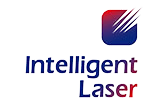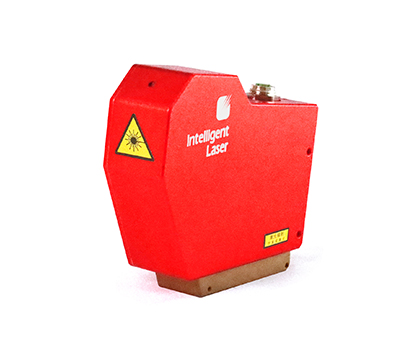In today's rapidly advancing industrial landscape, staying ahead of the competition requires implementing cutting-edge technologies that can improve efficiency, accuracy, and overall productivity. One such technology that has been gaining popularity in industrial settings is the laser tracking sensor. In this blog, we will explore the benefits of using laser tracking sensors in industrial environments and how they can revolutionize the way businesses operate.
Enhanced Precision and Accuracy
One of the primary advantages of using laser tracking sensors in industrial settings is the enhanced precision and accuracy they provide. Laser tracking sensors use advanced technology to accurately track the position and movement of objects in real-time, allowing for precise measurements and calculations. This level of precision is crucial in industries where even the smallest margin of error can have costly consequences. By utilizing laser tracking sensors, businesses can ensure that their operations are running smoothly and efficiently, leading to improved quality and consistency in their products.
Improved Efficiency and Productivity
In addition to enhanced precision, laser tracking sensors also contribute to improved efficiency and productivity in industrial settings. By automating the tracking and monitoring processes, businesses can streamline their operations and reduce the time and resources required to complete tasks. This ultimately leads to increased productivity and output, allowing businesses to meet demand and deadlines more effectively. Furthermore, the real-time data provided by laser tracking sensors enables businesses to make informed decisions and adjustments to their processes, further optimizing efficiency and maximizing productivity.
Cost Savings and Risk Reduction
Another significant benefit of using laser tracking sensors in industrial settings is the potential for cost savings and risk reduction. By accurately tracking the position and movement of objects, businesses can minimize the risk of errors, accidents, and downtime, which can result in costly repairs, delays, and lost revenue. Additionally, the increased efficiency and productivity provided by laser tracking sensors can help businesses reduce waste, improve resource utilization, and lower operating costs. Over time, these cost savings can translate into significant financial benefits for businesses and ensure their long-term sustainability.
Versatility and Adaptability
One of the key advantages of laser tracking sensors is their versatility and adaptability to different industrial applications. Whether used in manufacturing, logistics, construction, or any other industry, laser tracking sensors can be customized and integrated into existing systems to meet specific requirements and objectives. From tracking the movement of machinery and equipment to measuring distances and angles, laser tracking sensors offer a wide range of functionalities that can be tailored to suit different needs. This versatility makes laser tracking sensors a valuable investment for businesses looking to enhance their operations and stay competitive in a fast-paced market.
In conclusion, the benefits of using laser tracking sensors in industrial settings are undeniable. From enhanced precision and accuracy to improved efficiency and productivity, laser tracking sensors offer a range of advantages that can help businesses thrive in today's competitive landscape. By implementing this advanced technology, businesses can optimize their operations, reduce costs, and mitigate risks, ultimately achieving greater success and sustainability in the long run. If you're looking to take your industrial operations to the next level, consider incorporating laser tracking sensors into your workflow and experience the transformative impact they can have on your business.

